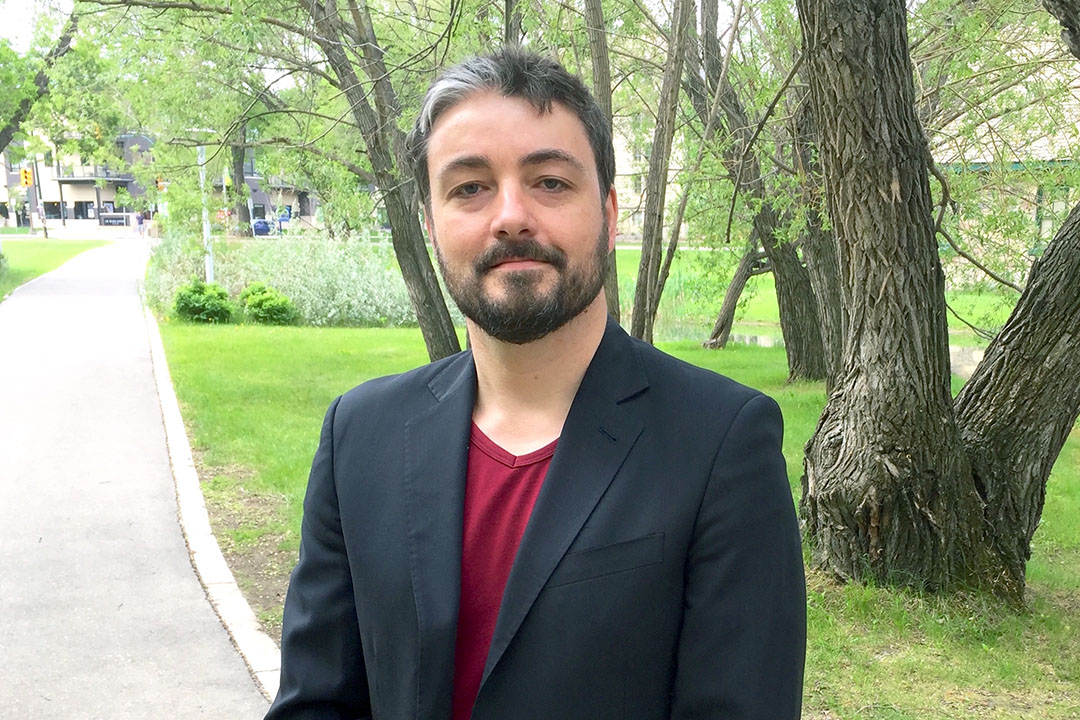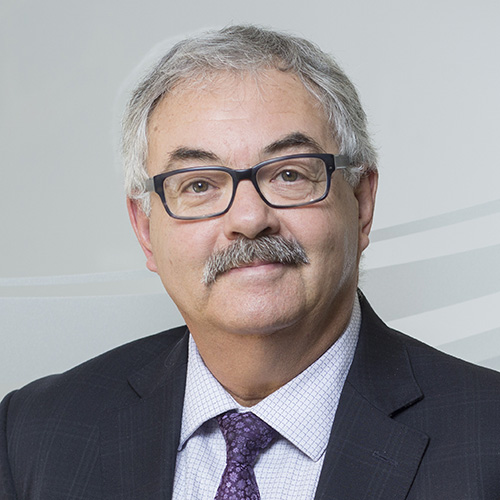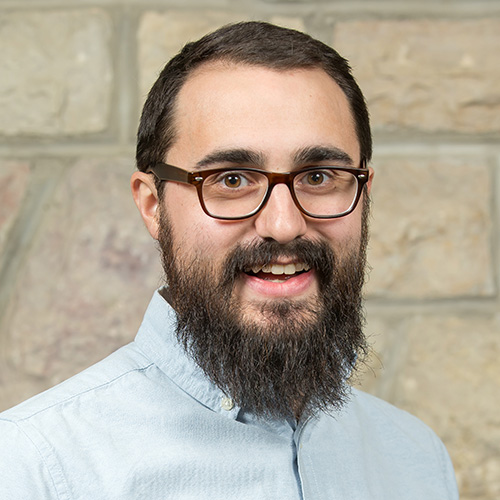
U of S experts weigh in on cannabis legalization
As Canada prepares to become one of the few countries in the world to legalize recreational cannabis use, the question remains: Are we ready?
By James ShewagaWe asked University of Saskatchewan experts to offer their perspective from four different areas of study. While there is general support for legalization overall, there is also consensus that there are still issues that need to be addressed in the coming months and years, with the new landmark legislation scheduled to become law on October 17 after working its way through the House of Commons and the Senate.
“I think from a research perspective, there are a lot of questions that need to be answered,” said Robert Laprairie, an assistant professor in the College of Pharmacy and Nutrition at the U of S and the GSK-CIHR Research Chair in Drug Discovery and Development. “It’s been very difficult to conduct research in this area in the past because of the legal framework that has been put around it. So, while I don’t necessarily think we are ready, I don’t know when we would be. This will be an evolution that happens in our culture and it will be a cultural shift that might take five years.”
Researchers in the Johnson Shoyama Graduate School of Public Policy (JSGS) at the U of S and the University of Regina campuses recently examined the topic in a policy paper entitled, Legalizing and Regulating Cannabis in Saskatchewan.

“There is not a simple answer to this question,” said Jerome Konecsni, one of the co-authors of the November paper and the JSGS executive-in-residence at the U of S. “I always like to begin by going back to the policy objectives of the legislation: public safety, reduce criminal activity and reduce youth consumption. Considering how well prepared we are to meet these objectives, my answer is no, the country and the province are not as ready as it should be.”
Michael Szafron, an assistant professor in the U of S School of Public Health, recently led a research project to explore risk factors, demographics and patterns of cannabis usage and presented his findings at a lecture and panel discussion on campus in January.
“I think we don’t know enough about the impact of its use with individuals to actually go ahead and do carte blanche legalization of recreational use,” said Szafron. “What I would have liked to have seen would have been to continue with legalization for medicinal use and that would have allowed us as researchers to more easily study the effects that it has, in a controlled environment.”
While there are still areas to be addressed, College of Law lecturer and local lawyer Mark Baerg argues that we are well prepared to move forward, even if some aspects remain a work in progress.
“We are ready,” said Baerg, a U of S alumnus who has handled a number of cannabis court cases. “In spite of the worry that is often expressed when legalization is discussed, very little of what will occur post-legalization is new. Canada has had one of the highest cannabis usage rates in the world for a long time, and criminalization of cannabis has done seemingly little to change that.
“Prohibition has been an overreaction to cannabis, analogous to swatting a fly with a sledgehammer, and legalization will scale back that reaction to a more appropriate level,” Baerg added. “Even if Canada and the provinces don’t get all the details right immediately, adjustments will be made as difficulties arise. Based on the experiences of other jurisdictions, whatever unanticipated downsides result from the changes will be outweighed by the net benefits.”
Studies cited by proponents of de-criminalization point to benefits that will include creating business opportunities in manufacturing and distribution, generating new streams of revenue for government through taxation, and perhaps most importantly, reducing stress on the justice system, from police resources to court backlogs to prison overcrowding.
“Without a doubt, it will cause significant savings in public resources in all three of these aspects of the justice system, because the number of cannabis-related drug charges exceeds the number of charges for all other illegal drugs combined,” Baerg said. “Beyond public savings, people who use cannabis will no longer be jailed or receive a criminal record for doing so. This means that the exclusion from employment, education, and community that goes hand-in-hand with cannabis convictions will no longer happen and that’s a good thing both for cannabis users and for society at large.”
Introduced on Nov. 27, 2017 and initially targeted for implementation on July 1 this year, the new federal legislation—officially Bill C-45 (The Cannabis Act)—has cleared its last legal hurdles. Provinces and territories are currently finalizing their own specific guidelines, with Saskatchewan setting 19 as the legal age for recreational cannabis use (the same age as for alcohol use) and including a ban on smoking in public places and zero tolerance for driving while under the influence of cannabis.
Police forces across the country are working towards implementing standardized road-side screening tests to detect tetrahydrocannabinol (THC)—the primary intoxicant in cannabis—but not all jurisdictions are there yet.
“Our police forces and judicial system does not have adequate training or resources to effectively measure impairment, define impairment, and deal with the consequences of enforcement strategies,” said Konecsni.
However, Baerg said an overhaul of impaired driving laws—Bill C-46 (An Act to amend the Criminal Code)—will help address concerns, with that new legislation slated to go into effect Dec. 18. In the meantime, Baerg said current legislation does cover key issues.
“People who drive high have been getting convicted of impaired driving for years, and they will continue to do so post-legalization,” said Baerg. “Police and Crown prosecutors need only prove beyond a reasonable doubt that a driver was intoxicated by a drug, and that the intoxication impaired—even to the slightest degree—their ability to drive.”
For U of S researchers, a major concern remains the lack of sufficient analysis to determine the effects of cannabis use, particularly for individuals dealing with mental health issues and those under the age of 25.
“There are two primary groups that are at higher risk for negative side-effects,” Szafron said. “In people who are cognitively developing, there is evidence suggesting that usage can impede your cognitive development. And the group that is most likely to experiment are those who are teens to the early twenties and that is the very group that is still cognitively developing, up until about age 24 or 25. There is also compelling evidence, but not the controlled rigorous clinical trials that you would hope there would be, that suggests that people who have mental health issues could also be at risk.”

Laprairie’s research focuses primarily on the therapeutic benefits of medicinal marijuana, but he also believes we need to further examine negative side-effects when cannabis is taken in combination with prescription medication or alcohol.
“As a researcher, I really think that cannabis is a drug and we should treat it as such,” Laprairie said. “But legalization will allow us to conduct research that in the past we simply haven’t been able to. So, this should allow for health-care practitioners to consult with their patients and understand what drugs they are using, including cannabis, and how it impacts them. You have medications that you are told to not drink alcohol with, and it will be the same with cannabis. It will be an education that the public will have to undergo.”
While there are research questions still to be answered, as well as public policy and provincial aspects to finalize, each of the U of S experts would like to see more public education about the new legislation and a wide-ranging public health campaign to promote responsible use. The government has pledged $46 million over five years for education and advertising, mainly targeted for youth.
“There needs to be an effective public health campaign centered around it being used safely,” said Szafron, who is joined by Konecsni and Laprairie as members of the Cannabinoid Research Initiative of Saskatchewan, the only interdisciplinary research group of its kind in Canada.
“I do think that overall (legalization) will eventually be positive, but it will not be a snap your finger, everything is fine, sort of deal,” Laprairie added. “This is going to be a generational shift.”

